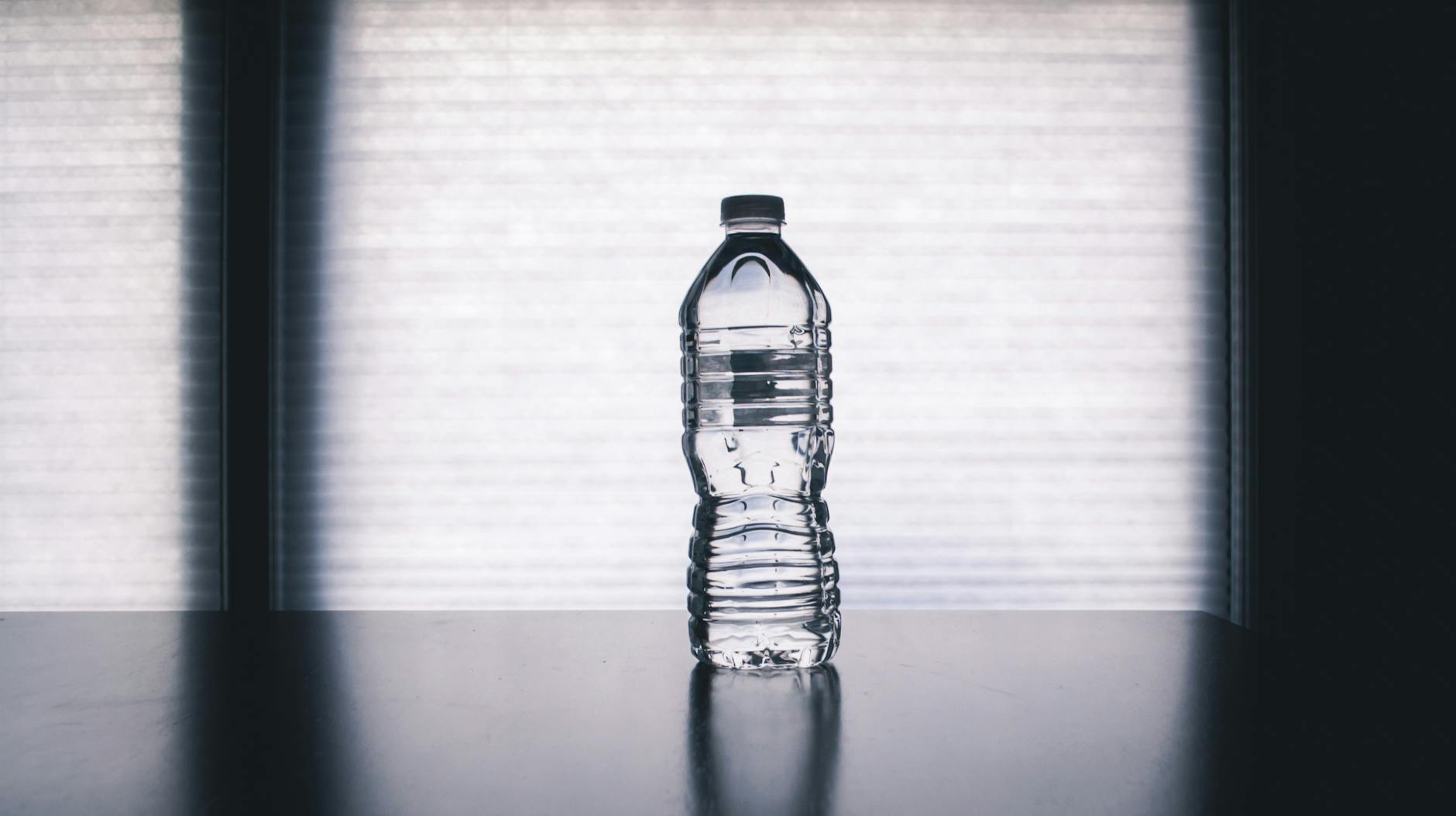Discover the secrets to easing kidney stone pain and finding relief with these expert tips – your kidneys will thank you!
Table of Contents
Living with kidney stones can be an incredibly painful and challenging experience. The sharp, stabbing pains that come with this condition can disrupt your daily life and cause a significant amount of discomfort. But fear not – there are steps you can take to manage kidney stones and find relief. In this article, we will explore some top tips for dealing with kidney stones and preventing future episodes.
Kidney Stones: Understanding the Basics
Before we dive into management tips, let’s first understand what kidney stones are. Kidney stones are hard deposits that form in your kidneys when certain substances in your urine crystallize. These stones can vary in size and can cause a range of symptoms, including severe pain, nausea, and difficulty urinating.
Symptoms of Kidney Stones
The symptoms of kidney stones can vary depending on the size and location of the stones. Common symptoms include:
- Severe pain in the side and back, below the ribs
- Pain that radiates to the lower abdomen and groin
- Painful urination
- Pink, red, or brown urine
- Nausea and vomiting
- Frequent urination
Top Tips for Managing Kidney Stones
Here are some top tips to help you manage kidney stones and find relief:
Stay Hydrated
One of the most important things you can do to prevent kidney stones is to stay well-hydrated. Drinking plenty of water can help dilute the substances in your urine that can lead to the formation of stones. Aim to drink at least 8-10 glasses of water a day to keep your kidneys healthy.
Follow a Balanced Diet
Eating a balanced diet that is low in salt and oxalate-rich foods can help reduce your risk of developing kidney stones. Limiting your intake of foods high in oxalates, such as spinach, nuts, and chocolate, can be particularly beneficial in preventing stone formation.
Manage Stress
Stress can exacerbate the symptoms of kidney stones, so it’s important to find healthy ways to manage stress in your life. Practicing relaxation techniques such as deep breathing, meditation, or yoga can help reduce stress levels and improve your overall well-being.
Exercise Regularly
Regular physical activity can help prevent kidney stones by promoting healthy kidney function and metabolism. Aim to incorporate at least 30 minutes of moderate exercise into your daily routine, such as walking, swimming, or cycling.
Consult with a Healthcare Provider
If you are experiencing persistent or severe symptoms of kidney stones, it is important to seek medical advice from a healthcare provider. They can provide you with a proper diagnosis and recommend treatment options tailored to your specific condition.
| Tip | Description |
|---|---|
| Stay Hydrated | Drink plenty of water to help flush out the kidney stones. |
| Follow a Low-Sodium Diet | Reduce sodium intake to prevent the formation of more kidney stones. |
| Include Citrus Fruits | Citrus fruits like lemons and oranges can help increase citrate levels in urine, which may prevent stone formation. |
| Limit Oxalate-Rich Foods | Avoid foods high in oxalate, such as spinach, nuts, and chocolate, as they can contribute to kidney stone formation. |
| Consult with a Doctor | Seek medical advice and treatment plans from a healthcare professional to manage kidney stones effectively. |
Preventing Future Kidney Stones
While managing your current kidney stones is important, it is equally crucial to take steps to prevent future episodes. Here are some additional tips to help reduce your risk of developing kidney stones:
Monitor Your Sodium Intake
Eating too much salt can contribute to the formation of kidney stones. Be mindful of your sodium intake and limit your consumption of processed and packaged foods, which are often high in salt.
Limit Alcohol and Caffeine
Excessive consumption of alcohol and caffeine can dehydrate the body, increasing the risk of kidney stone formation. Limit your intake of alcohol and caffeine-containing beverages, such as coffee and soda.
Take Medications as Prescribed
If your healthcare provider has prescribed medications to help manage your kidney stones, be sure to take them as directed. These medications can help prevent the growth of existing stones and reduce your risk of developing new ones.
Stay Active and Maintain a Healthy Weight
Regular physical activity and maintaining a healthy weight can help reduce your risk of kidney stones. Aim to stay active, eat a balanced diet, and maintain a healthy weight to support overall kidney health.
Final Thoughts
While kidney stones can be a painful and frustrating condition to deal with, with proper management and lifestyle modifications, you can find relief and prevent future episodes. By following the top tips outlined in this article and working closely with your healthcare provider, you can effectively manage your kidney stones and improve your overall kidney health.
Remember, if you are experiencing severe or persistent symptoms of kidney stones, it is important to seek medical advice promptly. Your healthcare provider can offer guidance on the best course of action to take based on your individual condition.
How can I prevent kidney stones from forming?
To prevent kidney stones, stay hydrated, follow a low-sodium diet, and limit oxalate-rich foods. Include citrus fruits and consult with a healthcare provider for personalized advice.
What are the symptoms of kidney stones?
Common symptoms of kidney stones include severe back or side pain, painful urination, and pink, red, or brown urine. Nausea, vomiting, and frequent urination may also occur.
How can stress affect kidney stone symptoms?
Stress can exacerbate kidney stone symptoms. Managing stress through relaxation techniques like deep breathing and meditation can help improve symptoms and overall well-being.
Are there any medications to help manage kidney stones?
Yes, healthcare providers may prescribe medications to manage kidney stones. It is important to take these medications as directed to prevent the growth of existing stones and reduce the risk of new ones forming.





